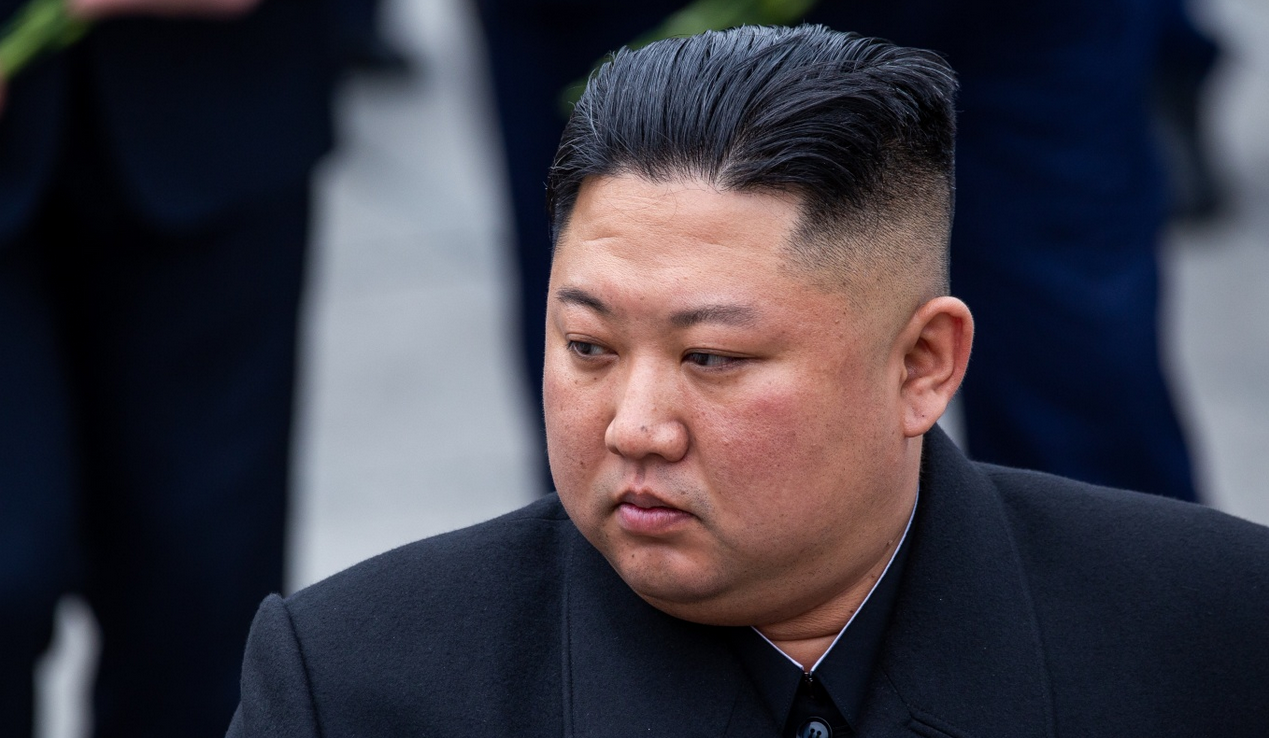North Korea has labeled the ongoing joint military exercises between South Korea and the United States as a scheme to invade its territory, issuing a warning on Tuesday of potential “responsible” military actions in response.
The warning from North Korea came after South Korean and U.S. forces commenced their annual computer-simulated command post training and a series of field exercises, scheduled to run for 11 days. This year’s drills were set to include 48 field exercises, double the number conducted in the previous year.
In a statement carried by state media, North Korea’s Defense Ministry strongly condemned the military exercises conducted by the U.S. and South Korea, accusing them of escalating military threats and attempting to invade a sovereign state.
An unnamed spokesperson from the ministry stated that North Korea’s military will closely monitor the actions of its adversaries and undertake responsible military activities to maintain control over the volatile security situation on the Korean Peninsula.
Although the spokesperson did not specify the exact measures North Korea would take, observers anticipate missile tests or other actions aimed at enhancing its military capabilities.
South Korea’s Defense Ministry countered, asserting that its drills with the United States are routine defensive training. The ministry emphasized that South Korea would respond decisively to any direct provocations from North Korea during the exercises.
How our faith in God affects our actions & makes us more risky
North Korea views the joint military drills as rehearsals for invasion, despite reassurances from South Korean and U.S. officials that they have no aggressive intentions. In the past, North Korea has responded to such exercises by launching missiles into the sea.
>Related articles
This year’s military drills with the United States, according to South Korea’s Joint Chiefs of Staff, are aimed at neutralizing North Korean nuclear threats and will include live-fire exercises, bombing runs, air assaults, and missile interception drills.
Concerns about North Korea’s nuclear program have escalated in recent years due to its frequent missile tests and threats of preemptive nuclear strikes. In response, the U.S. and South Korea have bolstered their military exercises and deployed significant military assets.
North Korea’s leader, Kim Jong Un, has declared a more aggressive military stance, abandoning the goal of peaceful unification with South Korea. Experts suggest that North Korea may conduct more missile tests and aggressive rhetoric to gain leverage in future negotiations with the United States.
Ask me anything
Explore related questions





